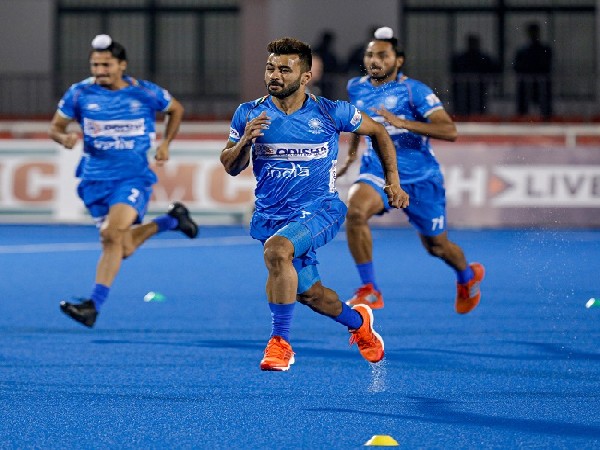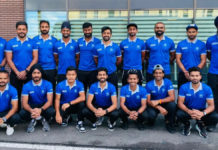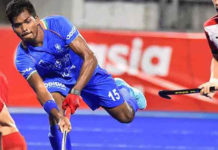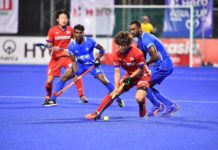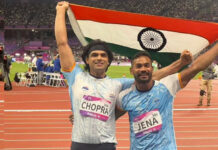Bhubaneswar: Aren’t the seniors biggest strengths to their juniors? A link for an e-meeting was sent to a few of India’s youth players hours after their devastating loss to France in the ongoing FIH Men Junior Harmanpreet Singh, a bronze medalist in the Tokyo Olympics, was their host. After seeing his club allow five goals to an unheralded opponent from the stands, the defender-cum-drag-flicker had compiled a dossier of sorts.
Next door, India captain Manpreet Singh and junior team captain Vivek Sagar Prasad were discussing leadership and strategy.
However, this was not the first time that seniors aided juniors; nevertheless, this time was different since the gap between the senior and junior squads had been bridged, turning them into pals as a result of the outbreak.
Prasad had idolised Manpreet’s ability to bring the squad together. Sanjay Kumar, a drag-flicker who had now scored two hat-tricks, modelled himself like Harmanpreet. Goalkeepers Pawan and Prashant Chauhan looked up to PR Sreejesh, while forward Araijeet Singh Hundal admired Akashdeep Singh, who was not in Tokyo but is still an important member of the team.
The U-21 players’ heroes have now become their analysts and mentors in Bhubaneswar. Senior team members sat in the stands behind the net throughout every match India’s colts have played in this World Cup, taking meticulous notes.
“It’s a learning experience for us too,” said Manpreet. “We are analysing the games from the stands and after it’s over, we are giving the players our feedback.”
On the other hand when the country was in curfew, and Tokyo Olympics got closer and with the senior squad barely getting any match practice due to the pandemic-forced travel restrictions, the junior team turned into their competitor for them.
“Whenever we used to spot something, we spoke to them. If they had any problem, they reached out to us,” Harmanpreet said. “They just needed some fine-tuning, not a lot of work. Overall, they are all very good.”
The senior team’s resources were switched to the junior side after India won bronze in Tokyo. Graham Reid, the team’s chief coach, was asked to take over, and the players began to mentor their juniors personally.
And this great link of being analysts and mentors, or occasionally rivalry, between the senior and younger squads had existed for quite some time. PR Sreejesh, the goalie, tutored the two U-21 goalkeepers before and during the 2016 World Cup, which proved as beneficial.
Seniors benefited from this tutoring as well, since watching the game gave them some ideas when they paid attention. Since the techniques and patterns utilised by most teams in the World Cup were quite similar to those used by their senior sides, older players have found that seeing the junior teams from the stands has helped them gain a better understanding of their opponents during this ongoing junior tournament.
“So, while watching them, we also understand the areas where we can improve,” Manpreet, who captained India in the 2013 Junior World Cup, said.
Manpreet spoke with Prasad immediately after the team’s loss to France, which was the greatest upset of the Junior World Cup thus far. He didn’t sugarcoat the performances, but he did emphasise the need of avoiding finger-pointing inside the squad.
“I told him we could have done better. But that wasn’t a time to blame anyone or finger-point. He had to lead the team on the field, make sure the players communicated with each other and showed unity,” Manpreet says. “They need to believe in themselves.”
And the colts will know the seniors have their backs as they prepare for the toughest test of their young careers, a quarterfinal match against Belgium on Wednesday.

